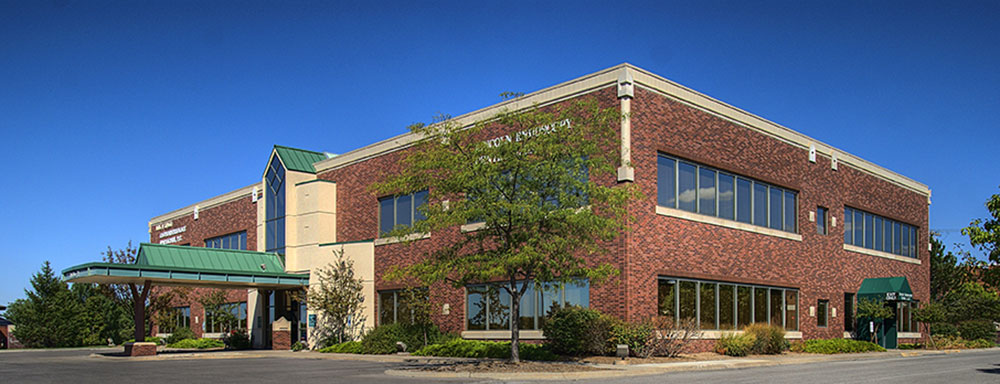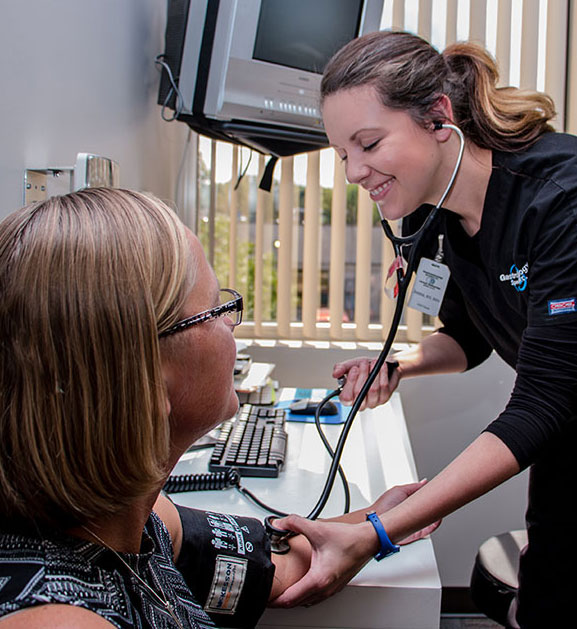The Los Angeles Times (9/28, Stein) “Booster Shots” blog reports, “Men and women may need different screening guidelines for colonoscopies because of varying tumor rates between the genders,” according to a study published in the Journal of the American Medical Association. Investigators “analyzed the results of 44,350 colonoscopy screenings over four years; the tests covered adenomas (benign tumors), advanced adenomas, and colorectal cancer.”
Bloomberg News (9/28) reports, “Researchers found that men were 1.8 times more likely than women to have advanced adenomas, which are polyps or lesions most susceptible to turning malignant, and twice as likely to have colon cancer.” The investigators also found “that men got precancerous polyps and colon cancers 10 years earlier than women.” Bloomberg News points out that “Joel Brill…chief medical officer of the American Gastroenterological Association’s Digestive Health Outcomes Registry, said in a telephone interview that there may be a benefit for starting colon cancer screenings earlier, though today’s study alone shouldn’t change at what age screening begins based on sex.”
AFP (9/28) reports that “the study stopped short of saying what that new age should be, saying further studies ‘are needed to demonstrate the relative clinical effectiveness of screening at different ages.'”
The Wall Street Journal (9/28, Hobson) “Health Blog” reports that earlier this year, the CDC said that colorectal-cancer screening was responsible for a portion of the drop in mortality from the disease in recent years. Also covering the story were the UK’s Telegraph (9/28, Adams), the UK’s Daily Mail (9/28, Neville), MedPage Today (9/28, ), HealthDay (9/28, Gordon), and WebMD (9/28, McMillen).
Fatalism May Be Barrier To Colon Cancer Screening For Some. The Los Angeles Times (9/28, Brown) “Booster Shots” blog reports that, according to a study in the journal Cancer Epidemiology, Biomarkers and Prevention, some individuals may forego colorectal cancer screening because they “believe if they’re going to get cancer, they’ll die from it anyway, so why bother?” Investigators “team looked at mail questionnaires…that had been filled out by 529 adults, age 60 to 69, in the London area between August 2005 and January 2006.” Then the investigators, “with the permission of the respondents and their doctors…checked with the London Bowel Cancer Screening Hub to see which of the people had taken part in a national colon cancer screening program that provided a fecal occult blood test.”
HealthDay (9/28, Preidt) reports that “poorer people who felt that colorectal cancer screenings wouldn’t help, or that they were going to die of cancer anyway, often ignored screening recommendations.” Individuals “with higher socioeconomic status, better self-rated health and lower cancer fatalism were 56 percent more likely to have a fecal occult blood test.”


